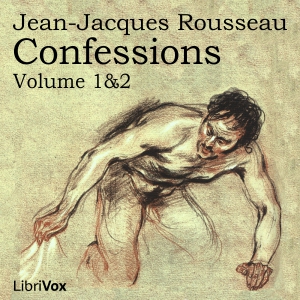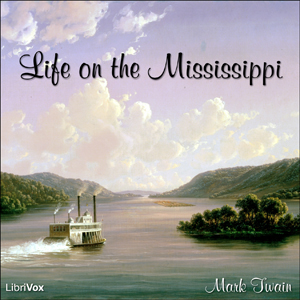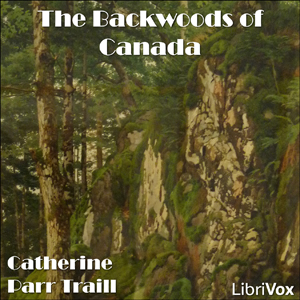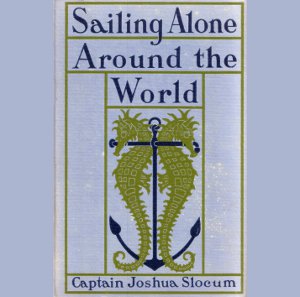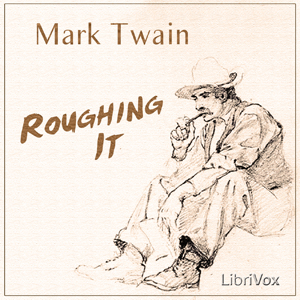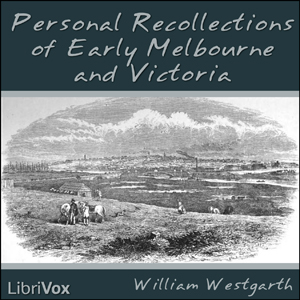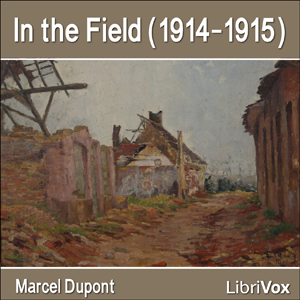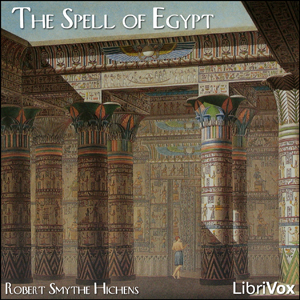- 01 - Vol. 1: "I have entered upon a performance..."
- 02 - "How could I become cruel or vicious..."
- 03 - "If ever education was perfectly chaste..."
- 04 - Near thirty years passed away..."
- 05 - "I had already become a redresser of grievances..."
- 06 - "Thus before my future destination..."
- 07 - "My master had a journeyman..."
- 08 - "I never thought money so desirable..."
- 09 - "In less than a year I had exhausted..."
- 10 - Vol. 2: "The moment in which fear..."
- 11 - "Louise-Eleonore de Warens..."
- 12 - "The difficulty still remained..."
- 13 - "My pleasing inquietudes..."
- 14 - "It is understood, I believe, that a child..."
- 15 - "At length, sufficiently instructed..."
- 16 - "Walking one morning, pretty early..."
- 17 - "To return to our Aegisthus, the fluter..."
- 18 - "Madame de Vercellis never addressed a word to me..."
“Thus I have acted; these were my thoughts; such was I.”
Rousseau’s lengthy and sometimes anguished dossier on the Self is one of the most remarkable and courageous works of introspection ever undertaken. Some readers may be repelled by his tendency to revel in embarrassing accounts of humiliation and fiasco, as if he were striving too hard to achieve an ultimate nakedness, a nakedness of the soul perhaps. Others may recall the compulsive self-searching of the narrator of Proust’s A la recherche du temps perdu, who also rather dwelt on the co-existence in the individual of the vile and the virtuous.
The two opening volumes of the Confessions, presented in this inevitably censored edition of 1903, deal with the author’s childhood and callow adolescence.
Here he is... (Summary by Martin Geeson)
Rousseau’s lengthy and sometimes anguished dossier on the Self is one of the most remarkable and courageous works of introspection ever undertaken. Some readers may be repelled by his tendency to revel in embarrassing accounts of humiliation and fiasco, as if he were striving too hard to achieve an ultimate nakedness, a nakedness of the soul perhaps. Others may recall the compulsive self-searching of the narrator of Proust’s A la recherche du temps perdu, who also rather dwelt on the co-existence in the individual of the vile and the virtuous.
The two opening volumes of the Confessions, presented in this inevitably censored edition of 1903, deal with the author’s childhood and callow adolescence.
Here he is... (Summary by Martin Geeson)
There are no reviews for this eBook.
There are no comments for this eBook.
You must log in to post a comment.
Log in

